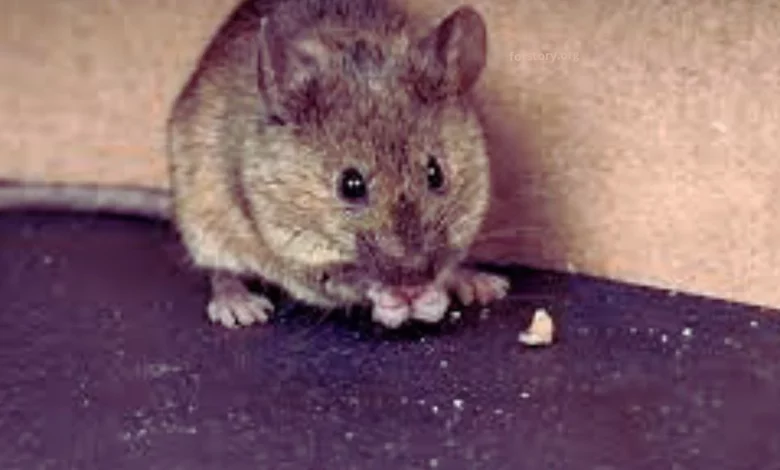What are mice attracted to in your house?

Mice carry a number of diseases that can be harmful to humans. These diseases can be spread through direct contact with mice, their droppings, or urine. It is important to be aware of the risks associated with mice infestations and to take steps to prevent them. If you suspect you have a mouse infestation, it is important to contact a professional pest control company to have them removed from your home.
The risks of a mice infestation
Some of the more common diseases associated with mice include:
- Salmonellosis – Salmonellosis is a bacterial infection that can cause severe gastrointestinal illness in humans. This disease is typically spread through contact with contaminated food or water, but can also be spread through contact with rodents or their droppings.
- Hantavirus – Hantavirus is a potentially fatal virus that can cause severe respiratory illness in humans. This virus is typically spread through contact with infected rodents, their urine, or droppings.
- Plague – The plague is a bacterial infection that can cause fever, chills, and death in humans. This disease is typically spread through contact with infected rodents or their fleas.
- Rat-Bite Fever – Rat-bite fever is a bacterial infection that can cause fever, headache, muscle pain, and vomiting in humans. This disease is typically spread through contact with infected rodents or their bites.
While these are some of the more common diseases associated with mice, there are many other less common diseases that mice can carry as well.
But what attracts mice to your house in the first place?
Things that mice are attracted to
There are many reasons why mice might infest a home or business. Some of the most common factors that attract mice include food, moisture, hiding places, and access to the outdoors.
Food Sources
Mice are attracted to any food source they can find. This includes both human food and pet food. They will also eat plant material, nuts, and fruit. If there is any food available, mice will try to get to it. This is why it’s important to regularly clean out your garbage bins and throw any food leftovers out or keep them safe in the fridge. Any signs of food will likely attract mice nearby to your living or working space, potentially causing a mice infestation that is extremely difficult to get rid of.
Moisture
Mice need water to survive, so they are attracted to areas that are moist or have a water source. This could be a leaky pipe, a puddle of water, or even just high humidity. Mice will also drink from toilets and other sources of water. If you have any water bowls for your pets out in the garden or in the house, keep in mind that they can be a source of interest for mice and different rodents. If you live in an area where mice infestations are a popular problem, take measures to prevent any risks.
Hiding Places
Mice like to have a safe place to hide from predators and humans. They will often build nests in dark, secluded places. This could be under a pile of clothes, in a drawer, or behind a piece of furniture. They’re usually attracted to dark places that are moist and warm. This is the perfect shelter for mice so if you know that you have such areas in the house of your living environment, keep an eye out for these pests.
Access to the Outdoors
Mice need access to the outdoors to find food and mates. If there are gaps or holes in a building, mice will use them to get inside. Once they are inside, it is difficult to get them to leave again. This is why it’s an absolute must to seal any tiny holes and gaps that could welcome the intruders into your home or working space.
These are just some of the reasons why mice might infest a home or business. Once you spot signs of a mice infestation, it’s essential to take measures quickly and act to protect your property from the risks of such an infestation.
visit for more articles :https://forstory.org/




